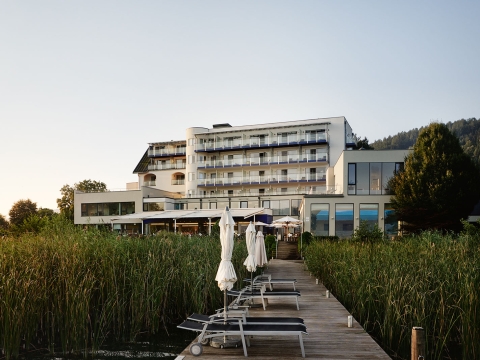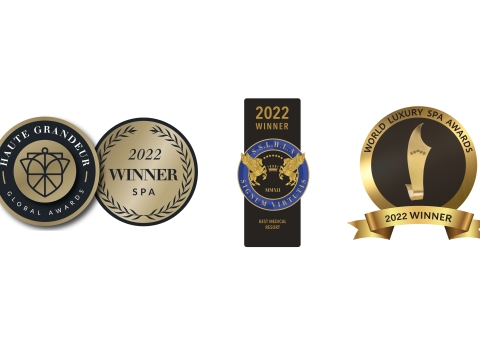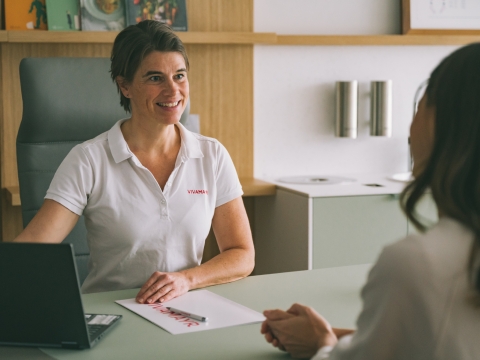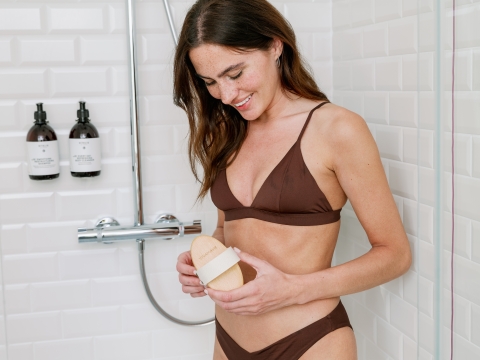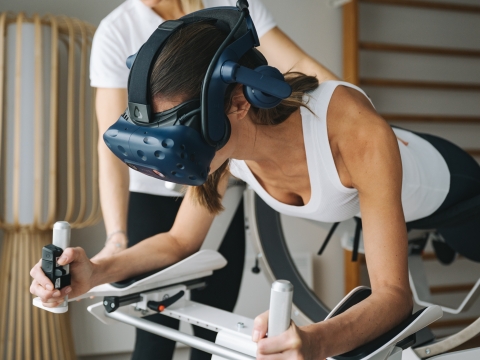The connection between the immune system and Covid-19 infections
How to make your immune system really strong
A resilient immune system is the best shield against pathogens – and is clearly more important than ever right now. Dr. Harald Stossier, a general practitioner with many years of experience and the founder of the VIVAMAYR Health Concept, explains how the coronavirus is linked to our immune system and what measures can be taken to effectively strengthen our defences.
Health is our most important asset. The coronavirus has brought this to the forefront of our minds in a way we cannot ignore. Never before have we heard the words “Stay healthy” quite so often. We need to look out for ourselves and our health. Then not only will we be well, but in all probability, the people in our immediate environment and ultimately society as a whole will also be well. A strong immune system is well known to be the basis for this.
Our immune system is very familiar with the mechanism for fighting a pathogen, which includes the pathogen that causes the coronavirus, SARS-CoV-2. “We have all the opportunities to successfully fight the coronavirus within us,” Dr. Harald Stossier is convinced. “An infection always results in an inflammatory reaction within the body. This is also the case with COVID-19. The only question is: How well-equipped is our immune system to deal with this virus?”
Using the power of micronutrients to strengthen the immune system
There are many measures that can be taken to strengthen the immune system. As part of these measures, ensuring an adequate supply of vitamins and trace elements is extremely effective. Three micronutrients are particularly important for the body’s defence function: zinc, vitamin C and vitamin D.
Zinc is effective in fighting off germs
A study by the Ohio State University[1] in Columbus, led by Daren Knoell, was able to prove that zinc has an impact on the innate immune system. This refers to the defences with which we are born from the very first moment, and which represent a first line of defence against pathogens. This happens even before your adaptive immune defence (the immune competence acquired during our lives as a result of overcoming diseases) begins to use antibodies and T cells in a targeted manner. This essential trace element, zinc, activates the NF-κB metabolic pathway in the immune cells that circulate in the blood and are also known as monocytes. This process plays an important role in your body’s defence against germs. At the same time, zinc transporters are formed at an increased rate, boosting zinc uptake in the cell membrane and slowing down the activity of the monocytes once more. Zinc acts as a so-called negative regulator in this respect. “Zinc thus prevents viruses from entering the body. If we have enough of it, we are less infectious,” summarises Dr. Stossier.
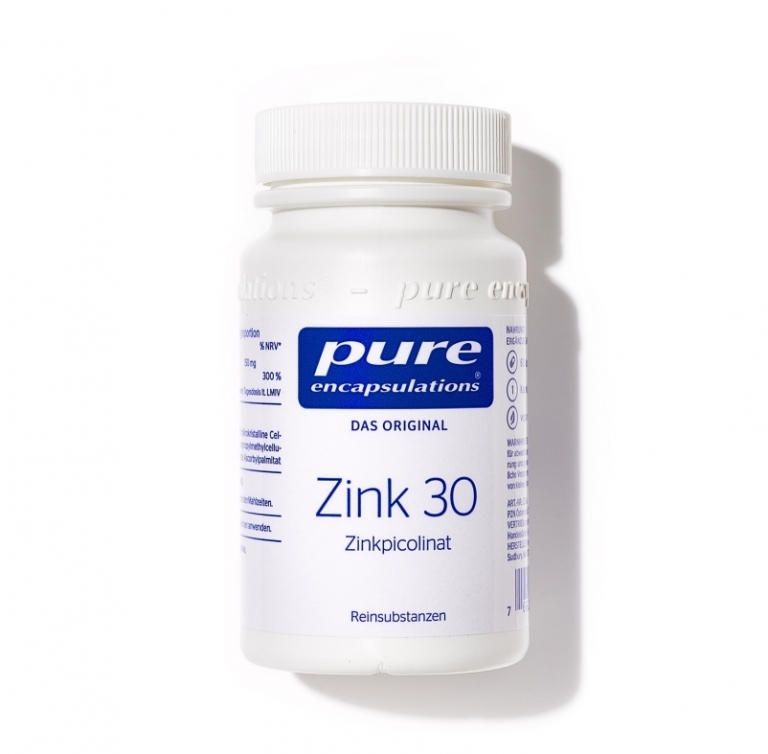
Vitamin C is always helpful as an immune booster
Vitamin C is well known to strengthen our defences. However, fewer people are aware that this micronutrient can help to fight an infection in all of its phases. “Vitamin C can be used both as a precautionary measure and as a therapeutic treatment in strengthening the body’s defences. If taken early enough, it can even prevent a virus-induced cytokine storm,” says Dr. Stossier, explaining the effective impact of vitamin C. Our article “Getting back to health after COVID-19: the 5 top tips” explains what cytokines are and why a cytokine storm can occur. But even if a cytokine storm has already formed in the body, large doses of vitamin C can be effective in containing the inflammation within the body. “But the roughly 100 mg per day as prescribed by the nutrition societies is far from sufficient. Meaningful prophylaxis only occurs with an intake of one to three grams per day,” explains the immune specialist. It is therefore highly recommended that you distribute your vitamin C intake regularly throughout the day, as this can achieve a better impact. There is no risk of overdosing, as Vitamin C is water-soluble and any excess is simply excreted via the urine. What is more, when ill, the body requires significantly more vitamin C anyway.
In any case, vitamin C in such high doses would have to be administered intravenously, since otherwise, the body cannot absorb it at all. The appropriate therapy can be carried out under medical supervision at the VIVAMAYR locations. “There are clear rules as to when and how vitamin C therapy must be carried out for it to be successful. Obviously, the indication, the patient’s condition and the objectives determine how high the dose of vitamin C should be and at what interval it should be administered,” Dr. Stossier notes. In terms of the coronavirus, vitamin C therapy is useful and helpful at every stage of the illness. This can be carried out as a preventative measure once or twice a week, or a high dose can also be administered daily if necessary.
Other measures, such as laser therapies, can also be used meaningfully in both preventative care and aftercare. They are applied directly to the mouth region. Laser light has a disinfectant effect and can support recovery from taste disorders after falling ill with COVID-19.[2]
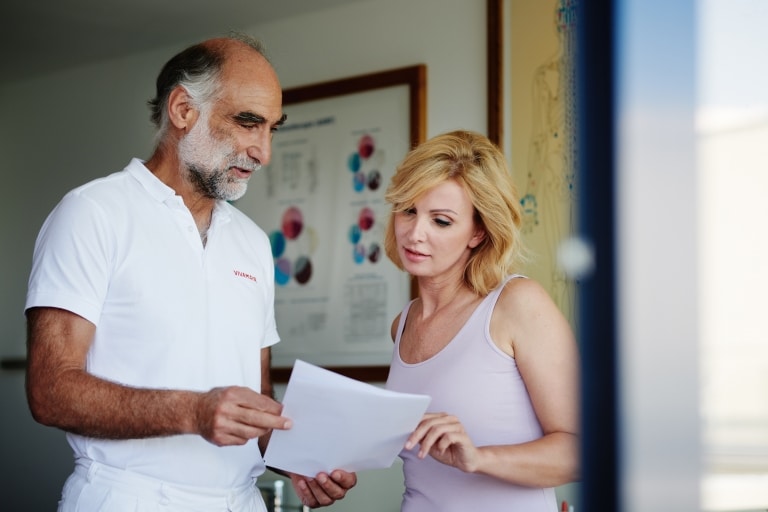
Strong defences with vitamin D
Vitamin D continues to be a hotly debated topic in the media. The question is whether a deficiency might lead to a more severe case of the disease. It has been widely pointed out that vitamin D should by no means be viewed as a medication that can prevent or even cure the coronavirus disease. However, there have been increasing observations that people with low vitamin D levels were more likely to suffer from a more severe case of the disease. Accordingly, this suggests that a good basic vitamin D supply can have a positive effect on the course of the disease. “Studies by Heidelberg University have shown that the risk of death as the result of the coronavirus disease in people with low vitamin D levels is eighteen times higher than in people with normal vitamin D levels,” explains Dr. Stossier.
On the one hand, the body can absorb small amounts of vitamin D through certain foods such as herring and mackerel; however, solar radiation on the skin also plays an major role. The body produces up to 90 percent of the required vitamin D in the skin. During seasons when less UV radiation is available, a deficiency can quickly occur. “It is interesting,” says Dr. Stossier, “that the pandemic took off precisely during a period when solar radiation was rather low.” He therefore believes that the increase in COVID-19 infections in December and January is not surprising. In terms of effective prophylaxis, he recommends stimulating the immune system with an appropriate dose of vitamin D. “From experience, we know that most people’s vitamin D level is too low, so taking a supplement is justified. It’s best to have your vitamin D level tested by a laboratory; only then is meaningful supplementation possible,” advises the immune expert.
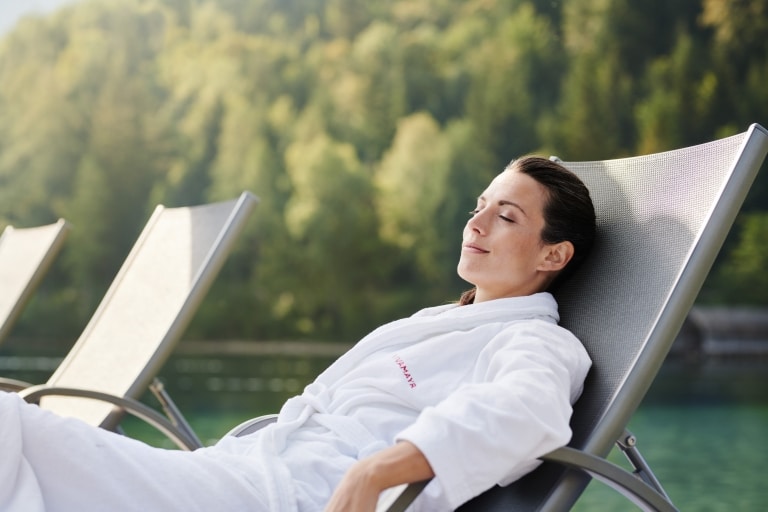
Lack of immune-boosting measures
In addition to all the important steps taken to contain the pandemic, such as social distancing, wearing a mask and washing and disinfecting your hands well, the doctor believes there is a lack of clear appeals to strengthen the immune system. “We have failed to take appropriate precautionary measures and supportive actions for the immune system. The measures neglect to mention the importance of strengthening the immune system, nor are specific recommendations given. Yet today, more than ever before, we know just how important a healthy lifestyle and diet is for a well-functioning immune system,” says Dr. Stossier about the incompleteness of the measures.
In terms of nutrition, it is also possible to effectively influence your immune system using targeted food breaks, such as those practised in intermittent fasting. The so-called process of autophagy is particularly effective here. This describes the process in the body in which damaged cells are broken down into their individual components and recycled by the body in the absence of food.
Taking personal responsibility seriously and living healthily
In addition to a healthy lifestyle with sufficient exercise, relaxation and a balanced diet, supplementation of the micronutrients vitamin C, vitamin D and zinc – at least temporarily – can also be useful in strengthening the immune system. However, appropriate dietary supplements should only ever follow a medical consultation, and blood tests are needed to determine the individual status quo.
At the VIVAMAYR Medical Health Resorts, all therapies are accompanied by doctors and individually tailored to each guest. The VIVAMAYR Immune Boost programme strengthens and activates the immune system and helps the body to react more effectively to pathogens. The contents of the one to two-week medical programme are based on special, scientifically approved treatment methods, which the VIVAMAYR team of doctors has developed over several years. As a result, you not only feel physically and mentally strengthened, but are also motivated to live a healthier lifestyle. We look forward to welcoming you!

References
Ohio State News, 6.2.2013, Zinc Helps Against Infection by Tapping Brakes in Immune Response, https://news.osu.edu/zinc-helps-against-infection-by-tapping-brakes-in-immune-response/, retrieved on 8.2.2021
Dr. Wehrmann Madeleine, 10.9.2020, Vitamin C zum Schutz vor SARS-CoV-2 und zur Behandlung von COVID-19, Springer, retrieved on 1.3.2021, 14:09
